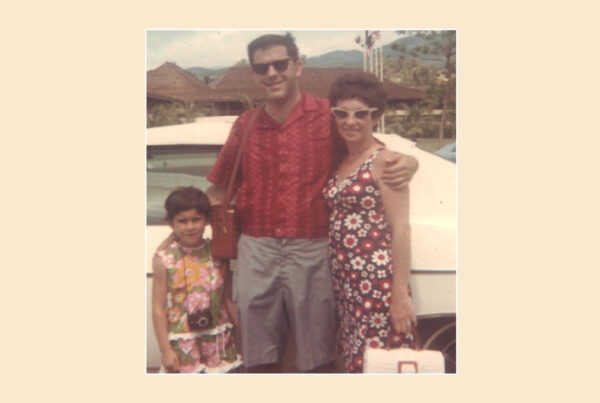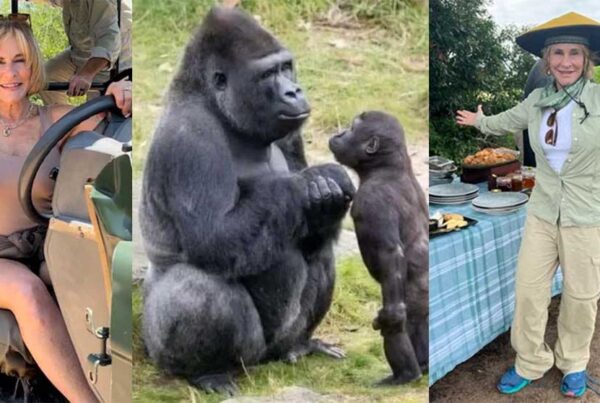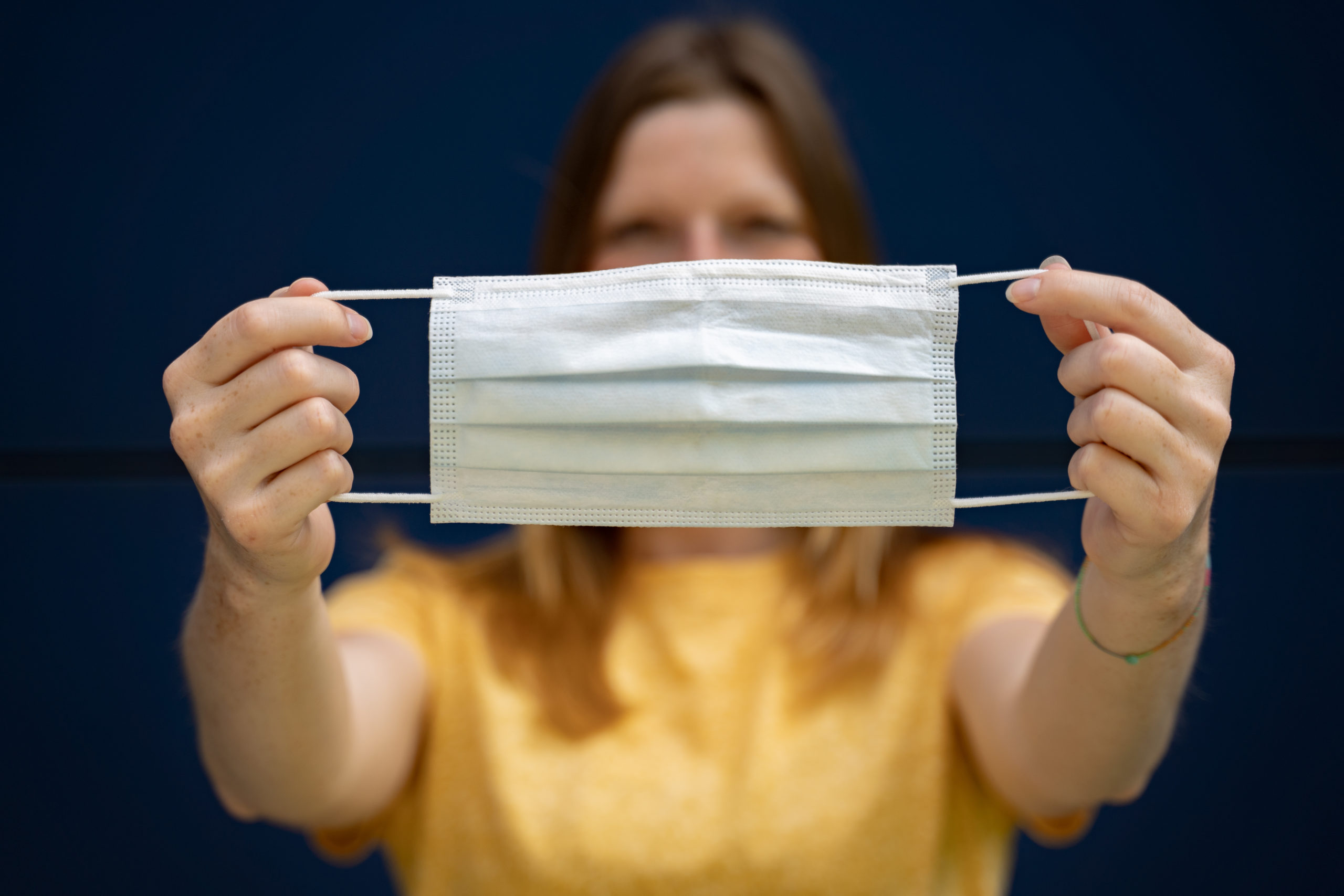If you asked me to name the most common challenges among the people I coach, I wouldn’t say it was talking too much, an inability to overcome objections, poor prospecting skills, or fear of closing, although these conditions are all too common among those I’ve coached, admired and guided to excellence. No, I would say hunger. We are hungry: for approval, for attention, and for admiration.
My own search for confidence (masked by my on-stage bravado) has taught me that suffering is universal but victimhood is optional. There is a difference between victimization and victimhood.
Just this past year alone, many of us have suffered victimization. Victimization comes from the outside. People all over the world have withstood some form of calamity or loss of control in 2020: the virus ravaging our neighborhoods, the loss of wages, the parent we can no longer touch, the crying child who desperately misses her friends…or even you, contracting the illness and landing in the hospital. The pandemic was caused by an unseen virus for which we have no control. Unfortunately, this is reality. This is life.
In contrast, victimhood comes from the inside. The only person who can make you a victim is you.
We develop a mindset of victimization – a way of thinking that is jealous, angry, punitive, and selfish. The result? You see what you want to see.
Over the last few months, I have been in close contact with two women. Let’s call them Jenny and Tabitha. Both women are in their fifties and are established in their sales careers. The first woman, Jenny, lost her mother to COVID. A victim of a Salt Lake nursing home outbreak, Jenny felt helpless, angry and then guilty that she didn’t have the means to move her elsewhere. But, Jenny learned to heal throughout the year. She looked for the silver lining. She said things like “Isn’t it a miracle that we have Zoom? I can keep in close contact with my children and see my grandbaby every Sunday.”
The second woman, Tabitha, felt helpless as well. She and her husband had planned a three-week vacation to Fiji, complete with a bungalow on the beach and daily spa treatments. When COVID hit, she became furious. “How could this happen to me? How could the government demand we be quarantined? Why me?”
On the surface, her problem seemed petty. But, I knew enough about her to realize that her tears and anguish had little to do with the umbrella drinks and massages and everything to do with being stuck in the wrong marriage due to her lack of confidence. Her life didn’t work out the way she imagined and the little upsets in her daily life were simply emblematic of her deep, unresolved pain.
As we move into a New year, it’s up to you whether you play the victim.
I have a colleague, Chris Waddell, who years ago was headed for the Olympics. Chris was good looking and smart. He had his whole life ahead of him. One day while skiing, Chris collided with a tree. He woke up a few days later in a hospital bed, a paraplegic. Instead of believing he was a victim, Chris shifted his mindset to focus on what he had and not what he lost.
Within a few years, Chris had competed in four Winter Paralympics, winning 12 medals, and was inducted into the U.S. Ski and Snowboard Hall of Fame. He later became the first unassisted paraplegic to Summit Mt. Kilimanjaro (in a wheelchair!), and has since appeared on Dateline, Oprah and was named one of the sexiest men in the world by People magazine.
Chris shares a story that, after returning from Kilimanjaro, and being exhausted from the trip, he wheeled himself out to the mailbox when a little girl on a pink bicycle stopped and asked him, “What happened?” How come you can’t walk? Are you sick?”
Chris warily explained that he had an accident and would never walk again.
“Bummer,” said the little girl…who then sped away.
Chris thought a moment and rushed after her. “Wait, wait,” he said. “It’s not a bummer. Had I not lost use of my legs, I would never have won the medals, met the Dali Lama, Oprah or helped thousands of others.” And then, for the first time ever, he said aloud. “I’m glad it happened.”
This year, it’s your decision. Will you be victimized? Will you play the victim? Or will you use the struggles of 2020 to get brighter and more fierce? Just as an athlete moves through muscular pain to become stronger, we can move through emotional pain to become stronger, wiser and wealthier. We don’t grow because of the pain. We grow when we recover from the pain in the right way.
As this year draws to a close, ask yourself these questions:
- Do I ask enough questions, or do I settle for what I know?
- What have I accomplished this year that’s unexpected? Did I celebrate it?
- What good came of it?
- What can I do today that I couldn’t do a year ago?
- What does my joy look like today?
- Who do I love and what did I do about it?
- How did I reinvent myself?
- What am I grateful for?
- Who did I help?
- What do we all have in common that makes us human?
Whether this past year brought you, pain, joy, or, likely, a mixture of both, remember, we must get our minds and our hearts right before we can get our sales right. It starts with positivity and avoiding the victim mindset. As I discussed in this post last year, don’t let a bunch of “if onlys” steal your joy and turn you into a victim.
May you test negative and stay positive in 2021.
Wishing you a heartfelt, wonderful New Year.





Thanks Shari. It´s been a tough year for many, many of us. Hope the good is yet to come. Specially before this rough 2020. Regards from Peru. And Happy New Year!
Shari,
Excellent blog! I love hearing from you and you prove over and over why your one of the best in the world. Happy holidays to you and your family!
Ed